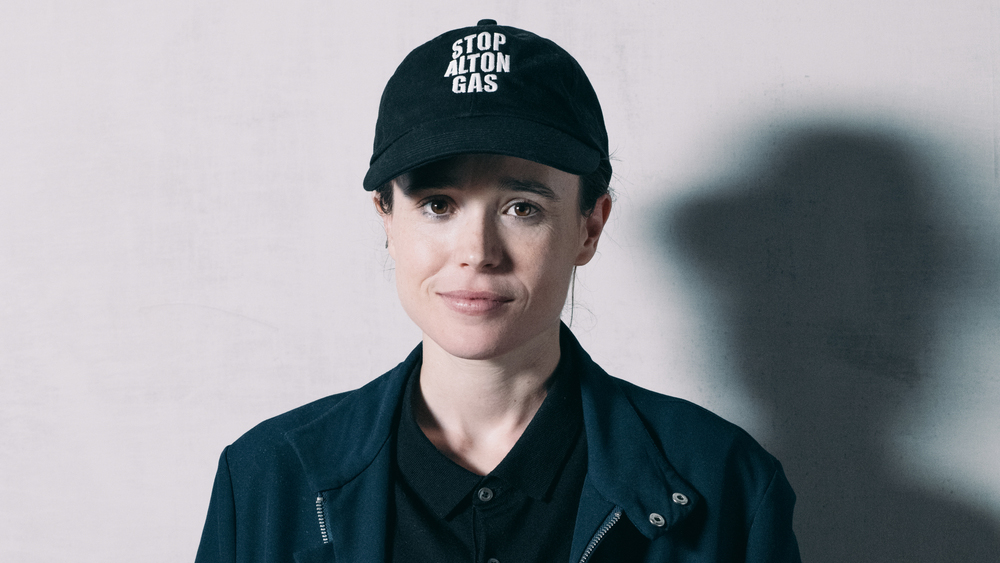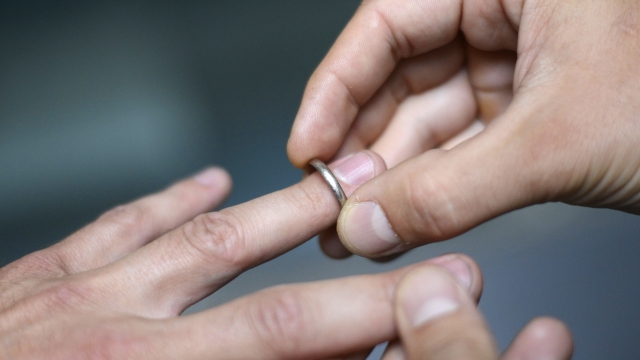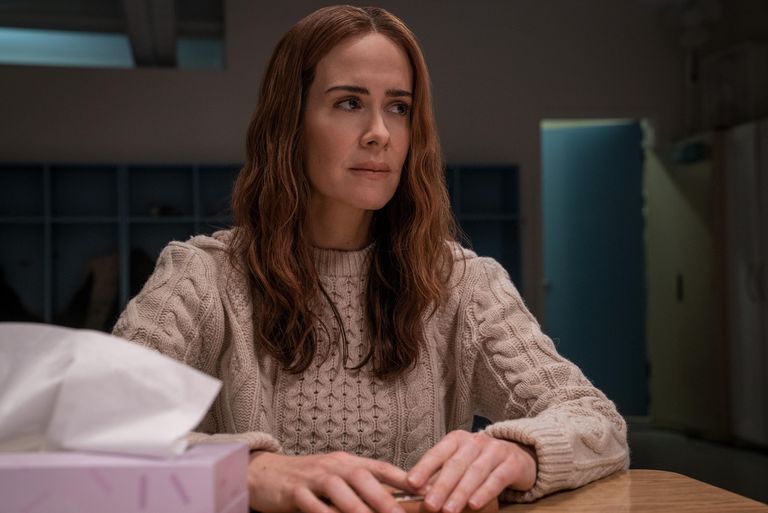Women with confidence and power are often seen as a threat to others. It’s not that we necessarily mean to be a threat, but for most of history, women have been seen as “lesser” humans. Of course, there are movements seeking to change that, and we’ve come a long way – but that doesn’t mean the fight is over.
Even in the lesbian community, smart, independent women often have a hard time finding their true love. Part of this is because of the way society views us, but part of it is internal. After all, sometimes we’re our own worst enemies.
So why do strong, intelligent women have such a hard time finding love? Here are a few reasons.
Too Smart for Love
Our logical brains and our emotional brains are often at war with each other, just under the surface. Logic is the natural enemy of emotion, after all, even though there are definitely smart women who are highly emotional (both in positive ways as well as negative ways). If a woman is truly intelligent, she’ll inwardly know that falling in love is a huge risk.
Smart women don’t take unnecessary risks – and sometimes love falls in this category.
When we evaluate the potential output for love, we might find that the chances of it going badly are much greater than the chances of it going well – after all, most relationships end, right? For women who may over-think things and build up their anxiety (an unfortunate side effect of intelligence), we may dwell on the possibility of negatives and overlook the smaller possibility of positives.
Too Independent to Lean on Someone
Personally, I have been independent for much of my life. I started working under-the-table jobs at 12 years old, and transitioned to “real” work at 15. I’ve been pretty consistent with my employment since then, filling in any gaps with “my own thing” – odd jobs, self-employment, money-making opportunities…
Then, one day, someone comes along and now I’m not just responsible for me anymore. Now I have this other person I have to think about – and my love for self-sufficiency is hindered by my love for this woman. I’m not saying it’s bad to fall in love, but for those of us who are used to picking ourselves up by the bootstraps, the idea of someone else helping us up can be insulting.
We go from supporting ourselves to having a partnership. The businessperson in us says that you can’t ever rely on someone else to do “your job” for you – so we plan around the idea that we will have to do everything. Of course, this isn’t always the case – often your partner will actually help you. But we may avoid finding out if that is the case.
Too Much Thinking
I can’t say it enough: Anxiety is a byproduct of intelligence. We may think of every possible way that things could go wrong, and possibly even obsess over the scenarios where that would happen. In the dating world, there are millions of possible problems that we could encounter – and as smart women, we want to avoid any problems we can.
This might make us “skip” any opportunities that aren’t guaranteed.
As a hopeless romantic and an obsessive over-thinker, this is a bad combination for me, personally.
We want to believe in the fairy tale romance, and we want to feel it for ourselves. We want to find that magical spark that means we’ll be with our partner forever. But we might pick up on slight clues that aren’t really indicative of anything, and dwell on them to the point where they take over.
Because we are smart, we know it doesn’t make sense. But knowing it’s wrong doesn’t equate to putting an end to it.
Too Much Sharing
If we are used to leaning only on ourselves, it can be a game changer when we have to adjust to someone else leaning on us, too. We have invested x number of hours in our own success, and we expect the same from our partners – but that often means that we have to let them feed off of our success.
This isn’t necessarily a bad thing. In most cases, our partners will probably be motivated by our success in the first place, and they will strive for it without intervention on our part. The human mind is designed to translate jealousy and feelings of inadequacy to a desire for positive changes.
Sometimes, however, that’s not what happens. Sometimes, we have higher expectations for our partners than they have for themselves, and this becomes draining. We want to motivate them to do better with their lives, and we become disappointed when they don’t want to do better on their own. We then put more of ourselves into the relationship, and they may be less motivated than they were before.
Our self-appointed position of encouraging success has a definite potential to be taken advantage of, and unfortunately, some partners will take advantage of it. There’s not a lot you can do to stop a partner from doing it except to stop helping them – which is hard if you’re truly in love with them. Smart women, of course, have already thought about this potential – and they may have put an end to it before it even started.
Too high of expectations
If we are smart and independent, we may expect that our partner also be smart and independent. When she’s not, we question why. While it’s never a good idea to compare your intelligence to your partner’s, it does sometimes happen unconsciously, and we may find that we fall above or below.
If your partner is “better” than you, you may doubt yourself. You may think there’s something wrong with you or that you don’t deserve them – which can lead to self-sacrifice if you feel that you owe them something. It’s important to remember that you don’t ever owe a partner anything – especially something that is impossible for you to attain.
If you are “better” than your partner, you might assume that it applies to more aspects than it actually does. Of course, no one wants to be cocky and arrogant (I’m generalizing here), but if there is a large difference in our intelligence and/or priorities, it may come naturally.
We may think things like “Well, I can’t force her to act like an adult.” While this usually comes from a good place, the thought itself is very negative. It implies that, if a woman is not as independent as we are, she must be childish. It’s definitely true sometimes – but that’s not your position to decide.
We may think, “It’s not her fault she’s not as smart as me.” While this, too, is coming from a good place, the delivery is wrong – there are so many different types of intelligence, after all, that it’s unlikely you will be smarter than your partner in every way – and to make a blanket assumption that you are is wrong on many levels.
We may even think, “I just wish she would apply herself.” Since we value learning as well as self-sufficiency, we assume that those who aren’t “at our level” aren’t trying hard enough. But this is an assumption, not necessarily the truth. It can be difficult for anyone to prove their efforts, and in many cases the woman may be trying as hard as she can – it’s not up to you to decide if she should try harder.
What can we learn from all this?
Smart women are always looking for a lesson. The truth is, love isn’t always about learning something – believe it or not! This is because knowing and doing are two different things. Most likely, we’re not actually learning anything new from our relationships (although there are always opportunities to learn and grow). If we focus on making a learning experience out of everything, we might miss out on the actual experience.
If we want to be successful in love without giving up our autonomy, it’s important that we allow the relationship to progress naturally. Let it be its own entity – but keep your own. Don’t invest everything you have into a relationship, because the likelihood of the relationship failing is enough to destroy you if it’s all you have. But you should be investing some into the relationship, or it’ll never grow.
The biggest thing here is to remember that you are independent – whether you act like it or not. This extends to your partner, as well. Just because she seems incapable of handling things on her own doesn’t mean that she needs you. Love is a luxury – if it’s not making you happy, you should walk away. And if you’re not making your partner happy, she has every right to walk away, too.










2 thoughts on “The Smarter and More Independent You Are, The Harder It Is to Fall in Love”
Excellent article. It hits on the push and pull of any relationship, but especially one where a woman is smart and independent. There is so much to juggle in that set-up, and there are no guarantees. Even if a woman thinks she has things figured out, the change in landscape that can come with time has the potential to mess things up in a big way!
Staying independent, while also being in a relationship, can be a challenge, but it is the best position to maintain in the long run.
Hi Solargrrl! Thanks for writing in. I definitely agree – even the most put-together woman can find herself hitting some speed bumps after entering a serious relationship. It almost makes you wonder why ANY smart woman would willingly enter into a relationship with someone else. 😉